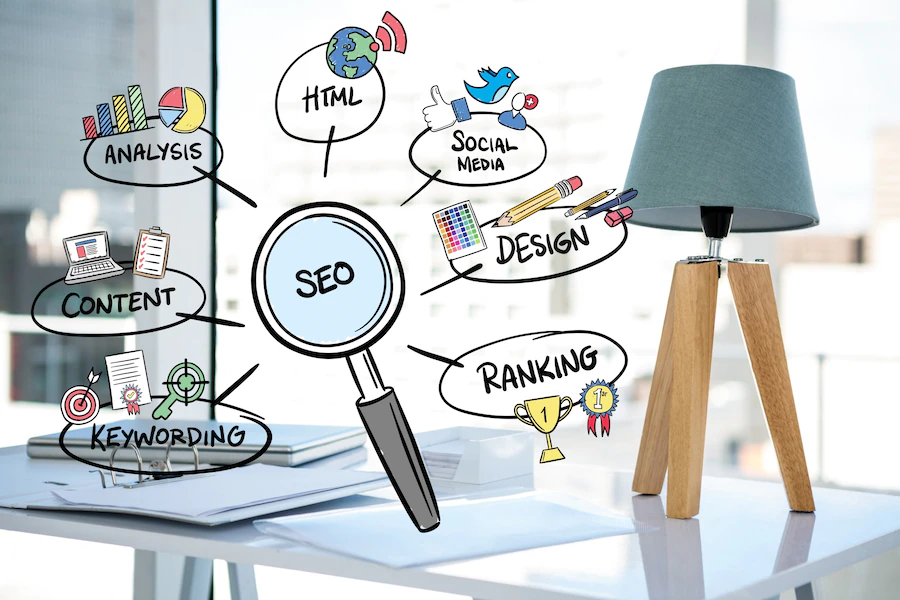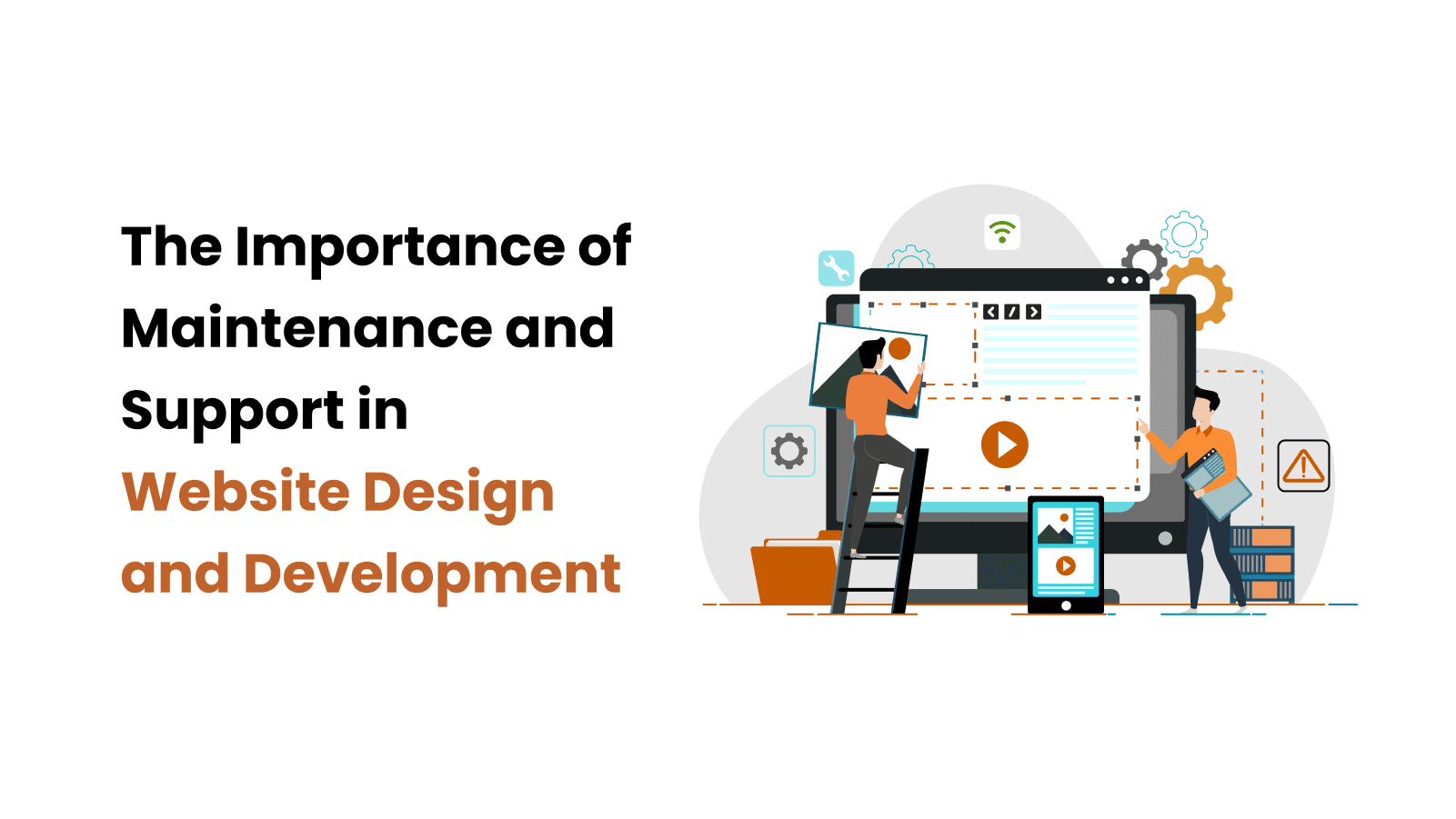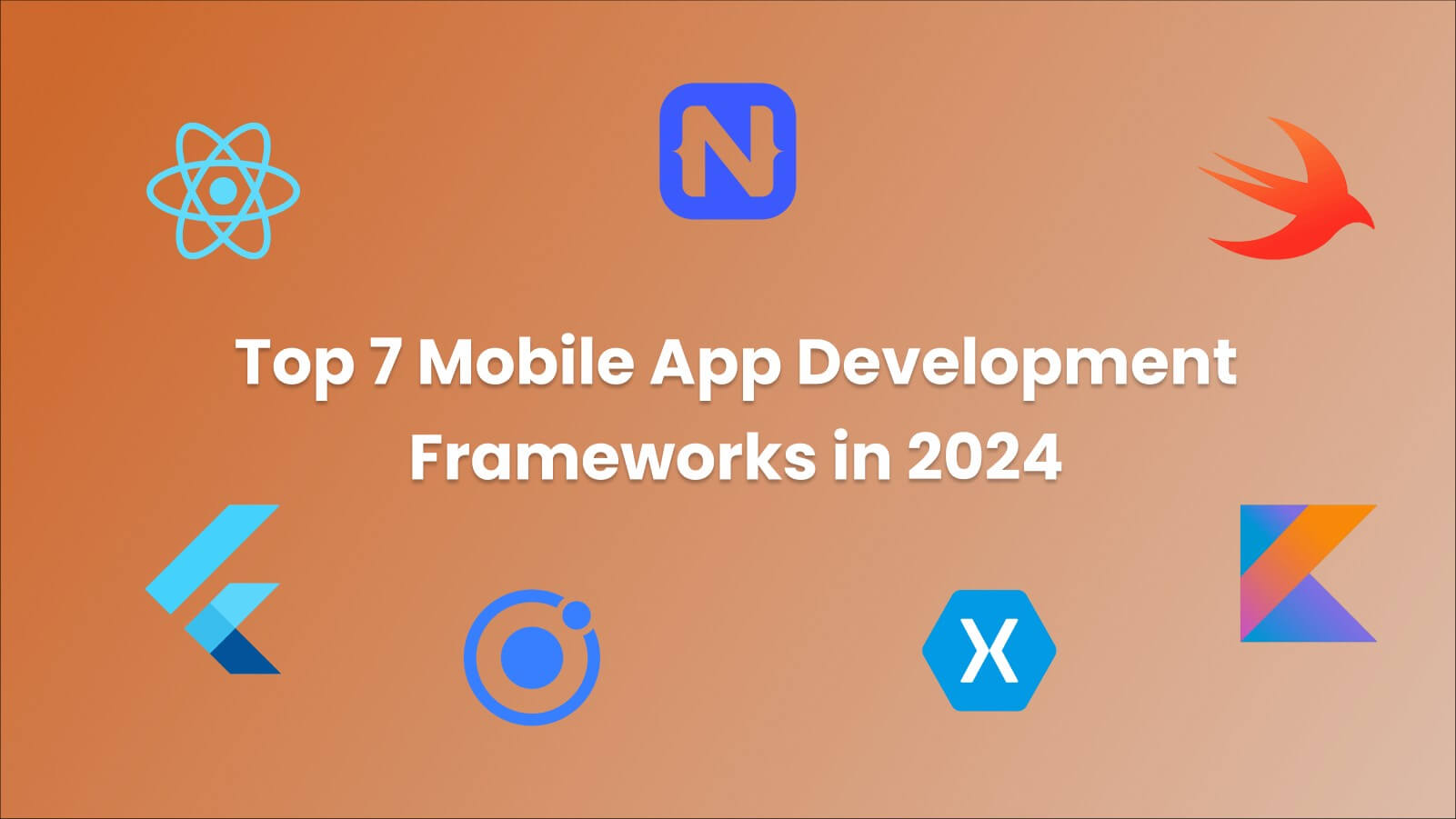
"Search engine optimization" is the abbreviation for "search engine optimization." In simple terms, it refers to the process of upgrading your website in order to boost its exposure when consumers use Google, Bing, and other search engines to look for products or services linked to your business. The higher your pages' exposure in search results, the more likely you are to attract attention and attract new and existing clients to your company. You've built a website and are now considering how to rank it. But there's a twist: a lot goes on behind the scenes in the digital world. Any expert will respond quickly if you ask him a question. Google's algorithm is constantly evolving, and we must adapt our techniques to keep up. Adapting to the new and latest is essential for achieving a high rating and, eventually, the traffic you desire. Not only should your SEO expert be informed of the changes, but you should also be aware of how effectively you adhere to them. In that case blog writers can make sure it's SEO optimized and that you're following online marketing methods. Both SEO and digital marketing are complementary. To be successful in driving traffic and gaining a strong ranking, you must play a game of business in which you must put your money, mind, and time on the line. Digital Marketing Course contains all the details about how to work on SEO and get organic traffic. Play it, risk it, but do so safely, profoundly, and deftly. The article is a summary of what experts believe are the current SEO trends. All steps that can be implemented directly within the website to increase its position in the search rankings are referred to as On-Page Optimization. On-page SEO is the process of optimizing individual web pages in order to improve their search engine rankings and generate more relevant traffic. In contrast to off-page SEO, which refers to links and other external signals, on-page SEO refers to both the content and HTML source code of a website that can be optimized. Here we learn how On-Page Optimization is the most important part of SEO. SEO Course conducts all vital information about On-Page Optimization. A detailed checklist for On-Page Optimization for SEO. 1. What Is Keyword Density? The number of times a term occurs on a webpage or inside a piece of content as a ratio or percentage of the overall word count is referred to as keyword density. Keyword frequency, or the frequency with which a given keyword appears on a webpage, is another term for this. What is the Optimal Keyword Density for Search Engine Optimization? When it comes to keyword density, like with practically another aspect of SEO, there are no well-defined "rules." There are no Google standards that tell you how many keywords should be in a piece of content, nor are there any specific figures or statistics that regulate how densely keywords should or should not appear on your site. There are, however, several aspects that can assist you to ensure that your content is optimized, increasing its visibility, and improving your audience's overall experience. 2. Meta Description A meta description is an information about your page that shows below the title / URL of your page in search engine results. The description does not directly affect your SERP rank, but it does influence whether or not a user clicks on the link to your page. For desktop searches, descriptions are limited to around 155 characters, and for mobile searches, they are limited to 120 characters. 3. Meta Tags Meta tags are text snippets that describe the content of a page; they do not appear on the page itself, but rather in the source code. Meta tags are small content descriptors that help search engines understand what a page is about. The following are the six most crucial meta tags for SEO: 4. Keywords What Are SEO Keywords and How Do They Work? The keywords and phrases in your online content that allow people to find your site via search engines are known as SEO keywords. With SEO keywords that assist connect searchers to your site, a website that is well optimized for search engines "speaks the same language" as its potential visitor base. One of the most important aspects of SEO is keywords. As a result, one of the first and most significant tasks in every search engine optimization campaign is to create a keyword list. When it comes to executing a successful search marketing strategy, keywords and SEO are inextricably linked. Because keywords are the cornerstone of all other SEO activities, it's well worth the time and money to make sure your SEO keywords are highly relevant to your target audience and well-organized for action. 5. H1 tags H1 tags are a crucial component of SEO. H1 tags should be used on all of your site's major pages to pull the reader in and give a clear indicator of the page's content. It can make a major impact on SEO performance if you have great H1 tags, especially if they match your title tags. H1 tags on your pages are an important element of this. They're one of the most essential search engine ranking elements on your site. So it's most important to use them wisely. 6. ALT Tags An alt tag, also known as "alt attribute" or "alt description," is an HTML attribute that is applied to image elements to give search engines a text alternative. Images in alt tags, such as product photographs, can help an eCommerce site rank higher in search engines. 7. Page Loading Speed The time it takes for content on a webpage to load is referred to as page speed or page loading. It's easy to get this term mixed up with other site optimization terms like "site speed," which refers to the average loading time of multiple sample pages on a site. Page speed, on the other hand, refers to the time it takes for a single webpage to load. Page speed is determined by a variety of factors, including server quality, file sizes, picture compression, and more. You finally have a full-fledged website up and running after months of planning, learning, and investing! The design is appealing yet basic, the language is concise and to the point, and you're eager to see how people respond. You do a quick test run before launching the site, only to discover that the pages aren't loading as quickly as you'd anticipated. All of your efforts were not in vain. There's simply a problem with the site's or page's speed. In either case, something needs to be changed because both of these measures are critical to your site's performance. That waiting period will not only turn off visitors but will also harm your site's Search Engine Optimization rating. 8. Keyword Placement The Top 5 Places to Place Keywords Like a Professional: Off-Page Search Engine Optimization What is off-page SEO? The term "off-page SEO" (sometimes known as "off-site SEO") refers to measures conducted outside of your own website to influence your search engine results page rankings (SERPs). These comprise various basic SEO elements that assist a site rank, in addition to on-page SEO. Improving search engines' and users' perceptions of a site's popularity, relevance, trustworthiness, and authority is part of optimizing for off-site ranking criteria. Other trustworthy places on the Internet (pages, sites, persons, and so on) link to or promote your website, thus "vouching" for the quality of. Despite the fact that search algorithms and ranking factors are continually evolving, the SEO industry agrees that the relevance, trustworthiness, and authority that excellent off-page SEO provides a website still play a significant influence in a page's ability to rank. While we don't know Google's exact ranking algorithm, evidence from our Search Engine Ranking Criteria study shows that off-site SEO-related factors likely account for more than half of the ranking factor weight. Off-page SEO and links Off-page SEO is all about building backlinks. Connections are used by search engines to determine the quality of the content linked to, therefore a site with a lot of high-quality backlinks will normally rank higher than a site with fewer backlinks. Natural links, manually built links, and self-created links are the three basic categories of links, defined by how they were gained. Off-site SEO that has nothing to do with links While generating connections from external websites is the most frequent off-page SEO approach, "off-page SEO" can refer to nearly any activity that takes place outside of your own website and helps you enhance your search ranking position. These include the following: It's worth noting, though, that the end objective of each of these activities is to build a link to your site from somewhere else on the internet, whether that reference is a link, a mention of your brand or website, or something else entirely. As a result, the term "non-link-related" off-page SEO is a bit of a misnomer! Here we learned how On-Page Optimization and Off-Page Optimization work and how important It is in SEO. Regularly optimizing for on-site characteristics can help you boost your rankings, visitors, and conversions. On-page SEO is important as well as Off-Page SEO is also important if you want to increase your website’s chances of showing up in the search results. Blog Written by Dhara Tanna (Author).What is On-Page Optimization???
Why is off-page SEO important?
Conclusion








